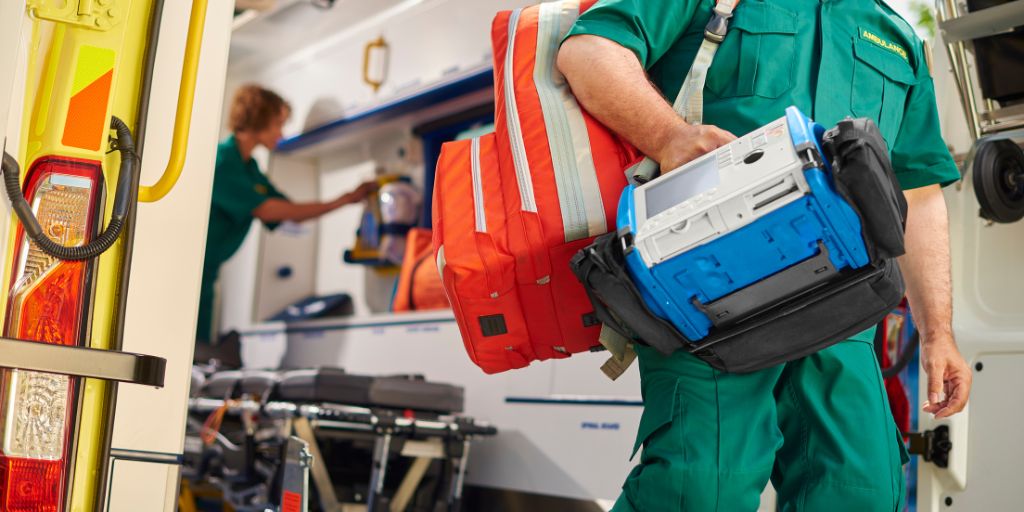
NHS England is planning to provide emergency funding for 10 NHS trusts across the country that are believed to be at risk of serious “systemic failure”. The lifeline comes at a critical time, as the health service gears up for the winter period. It is hoped that the emergency plan can relieve pressure on the struggling trusts, during its busiest and most overstretched time of year.
A spokesperson for NHS England explained:
“The NHS saw record numbers of patients at major A&E departments last year and the highest ever number of the most serious ambulance callouts this summer, and with the service likely to face another busy winter, it’s right we provide increased support and monitoring to those services which are under the most pressure.
“This comes in addition to our already announced plans to increase numbers of hospital beds and call handlers, so it remains vitally important that people continue to come forward for care when they need it in the usual way by using 111 online or by calling 999 in life-threatening cases."
Which NHS trusts will receive emergency funds?
Among the trusts to receive the extra funding is NHS Norfolk and Waveney. It is feared that parts of the trust, including emergency services, ambulances and social care, are on the brink of collapse.
A spokesperson for the trust said:
"We welcome the offer of additional support from NHS England.
"Local health services continue to be extremely busy and staff in every area are continuing to work incredibly hard to make sure that everyone receives the treatment they need as quickly as possible."
The East of England Ambulance Service Trust is also under extreme pressure, and recently warned that it is close to declaring a major incident. It put out a public message urging people only to call in life-threatening situations, and was pleading with staff to work overtime shifts to cope with demand.
Other NHS winter preparations get underway
According to NHS England, a number of other new plans are currently rolling out across the NHS to prepare for winter. They include new 24/7 control systems to be created in every regional area. These data-driven centres are designed to boost capacity and manage demand, by tracking key statistics on beds, callouts and attendances. The aim is that with this new data, NHS teams can make rapid decisions in response to challenges as they arise.
The NHS is also planning to develop new hubs focused on dealing with serious respiratory infections. This includes colds, flu, pneumonia, acute bronchitis and of course, Covid-19. These are expected to be one of the most significant pressures on the health service this winter.
New rapid response teams to help people who’ve fallen at home will hopefully free up around 55,000 ambulance trips, which can then be used for other patients. And across the NHS, work is well underway to create extra bed capacity in hospitals and the community. Plus, more call handlers have been recruited for both 999 and 111.
If you’re looking for a new role or have hiring challenges to overcome, we can help. Get in touch with our specialist recruiters here at Castlefield Recruitment.